Keywords: Unemployment
There are more than 200 results, only the first 200 are displayed here.
-
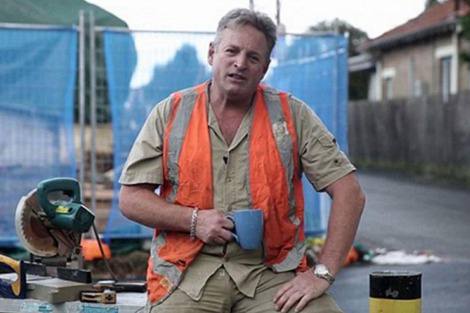
AUSTRALIA
- Brendan Byrne
- 27 June 2016
15 Comments
Whether or not the person in the now notorious 'fake tradie' ad is or isn't a 'real' tradie is irrelevant. What is relevant is that it is a primary example of the co-option of the language of class struggle and economic justice that has so thoroughly poisoned economic debate in the industrialised West. Implicit within it is a patronising view of the working class that dismisses them as gullible dupes who can be made to entrench the privilege of the few in return for the paltry crumbs of consumer hedonism.
READ MORE 
-
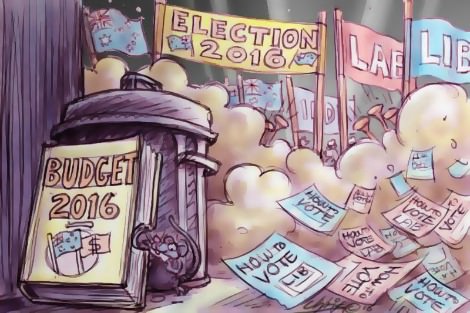
AUSTRALIA
- John Warhurst
- 06 May 2016
12 Comments
It was a political budget in a special sense, given the forthcoming election. Yet it turned out to be neither an election-winning nor election-losing budget. It was more continuity than change. In that sense it probably was the best the government could hope for given the nation's economic and financial circumstances. However it falls far short of the sort of budget that might have been expected from a prime minister like Malcolm Turnbull whose image is one off a 'big picture man'.
READ MORE 
-

AUSTRALIA
- John Falzon
- 30 March 2016
11 Comments
The Prime Minister wants us to be clever. Well how about we make sure everybody's got a place to call home? The problem of homelessness and the shortage of social and affordable housing is so huge that we need a massive solution and a massive financial commitment if we want to lay claim to being civilised and fair, let alone smart and innovative. This is why, among things such as reforms to negative gearing and capital gains tax, we need a $10 billion social and affordable housing fund.
READ MORE 
-

EUREKA STREET TV
- Peter Kirkwood
- 25 November 2015
'The people who were most impacted were people in developing countries who I've cared about my whole life. And then I started having grandchildren too, so that passion to do something about climate change was turbo charged. The thought of little kids being swept out to sea because of a typhoon, or killed in a cyclone - they haunt me.' Thea Ormerod, President of Australian Religious Response to Climate Change, was arrested last year while protesting the Maules Creek mine site in NSW.
READ MORE 
-
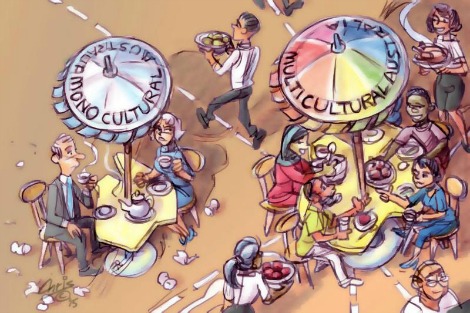
AUSTRALIA
- Gabriela D'Souza
- 09 November 2015
10 Comments
George Megalogenis describes a protest rally in 1849 organised by residents of Sydney against arrivals of more convict boats. Workers who 'wanted to maintain their high-wage society' made 'the first of countless calls that would be made against migrants who threatened to undercut their standard of living'. It is a familiar refrain today. In a world where three-fifths of a person's income is determined by their place of birth, it defies logic that we place restrictions on people's movement to preserve our standard living.
READ MORE 
-
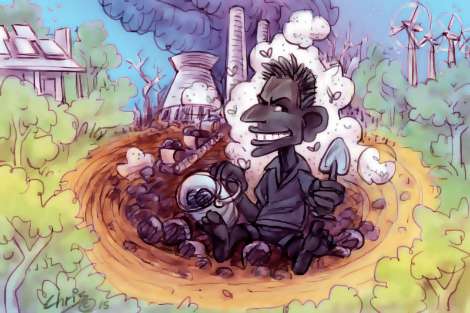
AUSTRALIA
- Fatima Measham
- 24 August 2015
10 Comments
The epithets used against environment groups have been extraordinary after a judge of the Federal Court set aside Environment Minister Greg Hunt's approval of the Adani thermal coal mine. Perhaps legislation has always been an instrument for ideological agendas, but the compulsion and ease with which the Coalition has taken to the law to restrict scrutiny doesn't bode well for us.
READ MORE 
-
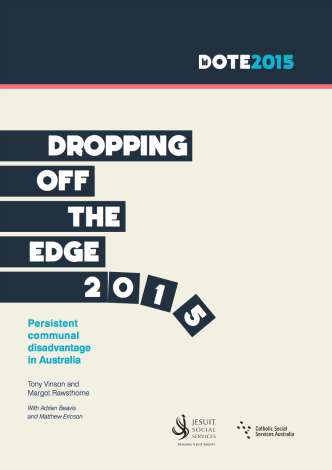
AUSTRALIA
- Andrew Hamilton
- 23 July 2015
9 Comments
It's like being trapped. Dropping out of school will be magnified if your parents are unemployed and you have come under the juvenile justice system. If you live in particular areas you will find it difficult to overcome the effects of disadvantage. The report Dropping off the Edge 2015 stresses the importance of examining the interlocking of the aspects of disadvantage.
READ MORE 
-
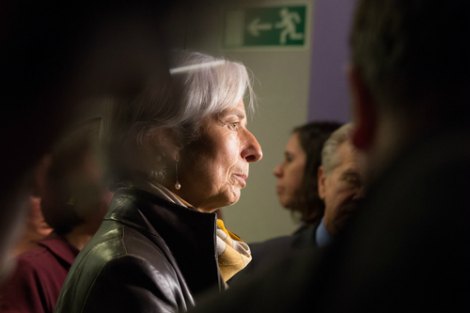
ECONOMICS
International Monetary Fund prescriptions have a long history of failing, and countries that ignore them are often the ones that do surprisingly well. Few have been asked to be more servile than the Greeks. When the IMF came in with what is amusingly referred to as its austerity 'plan', the Greek economy was expected to grow at over 2 per cent. After the 'plan' had taken effect, the country’s economy had shrunk by a quarter.
READ MORE 
-
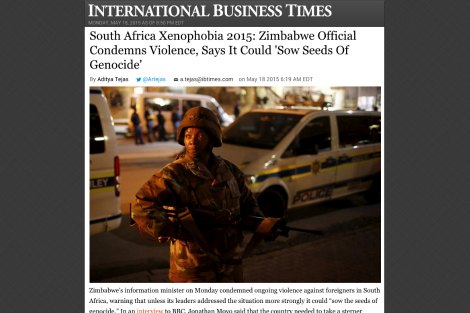
AUSTRALIA
- David Holdcroft
- 20 May 2015
3 Comments
South Africa has again experienced the ravages of xenophobic violence. The official response reflects a fearful government that needs to resort populist scapegoating that stigmatises migrants. It has found itself incapable of creating the inclusive narrative that was evident 18 months ago when the country came together to mourn Nelson Mandela.
READ MORE 
-
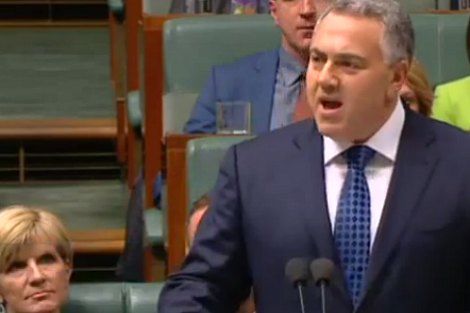
AUSTRALIA
- Marcelle Mogg
- 13 May 2015
8 Comments
Is this the Budget you have when you're not having a Budget? The most remarkable thing about this Budget, in contrast with Prime Minister Abbott's promise of a fair Budget, is that so much of it relies on the re-election of a Coalition Government in 2016. Is it fair to make vulnerable Australians wait that long?
READ MORE 
-
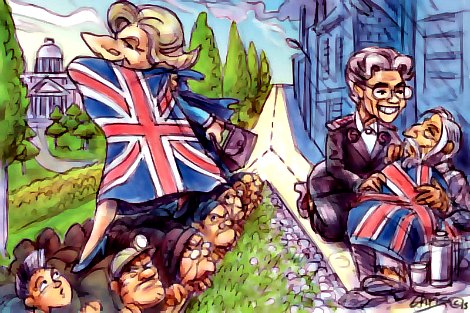
INTERNATIONAL
- Barry Gittins
- 01 April 2015
15 Comments
Former Australian Salvation Army world leader General Eva Burrows, who died on 20 March, tried in vain to engage the former British PM in making the preferential option for the poor. ‘Margaret Thatcher was a disappointment,’ the General said. ‘I felt she didn’t have a deep, true feeling for the poor. I invited her to come out on the soup run indirectly and said it wouldn’t be a media event, we’d go incognito, but the answer was no.’
READ MORE 
-

AUSTRALIA
- Brian Toohey
- 27 March 2015
6 Comments
Although the age pension will cost about $49 billion in 2017-18, it is means tested. In contrast, superannuation concessions are heavily biased in favour of high income earners. Both sides of politics pander to the wealthy and the cosseted finance sector, which want certainty that nothing will stand in the way of their super bonanza.
READ MORE 